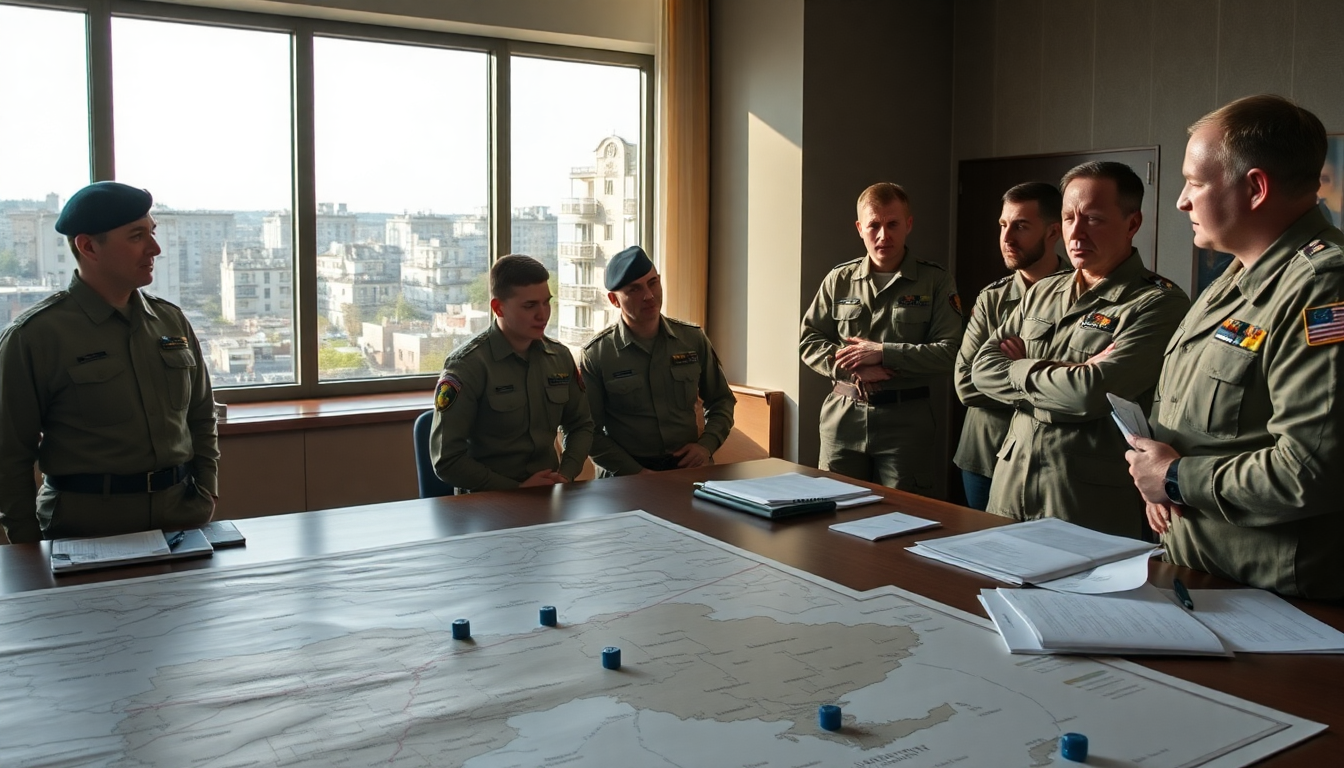Table of Contents
The geopolitical situation surrounding Ukraine has become quite dynamic lately, especially with France and the United Kingdom stepping up efforts to strengthen security guarantees for the country. But what does this really mean for Ukraine, especially given the recent spike in military tensions with Russia? The so-called “coalition of the willing,” a partnership formed by various Western nations, is playing a crucial role in supporting Ukraine. They’re navigating a complex diplomatic landscape while working to enhance Kyiv’s military capabilities.
A Unified Front: The Coalition of the Willing
So, what exactly is this coalition? Comprised of over thirty nations, it’s come together to assess and meet Ukraine’s military needs. A significant meeting is on the horizon in the UK, coinciding with a French-British summit, where key figures—including Ukraine’s President, Volodymyr Zelenskyy—will participate remotely. This coalition has been vital in crafting strategies to help Ukraine maintain its defensive stance as Russian aggression grows.
As tensions escalate, the coalition is focused on ensuring Ukraine has what it needs to defend itself. Discussions led by French President Emmanuel Macron and British Prime Minister Keir Starmer are expected to tackle important issues, such as increasing military pressure on Russia and determining actionable steps to enhance Ukraine’s defenses. This united front highlights a shared commitment to safeguarding Ukraine’s sovereignty and territorial integrity—an essential goal in these uncertain times.
Facing Challenges and Setting Priorities
However, it’s not all smooth sailing. Despite the coalition’s determination, various challenges persist. Recent talks have brought to light some underlying tensions regarding military support, particularly when it comes to the involvement of U.S. forces. With the Biden administration’s military engagement policies under scrutiny, European leaders are increasingly prioritizing Ukraine’s immediate needs.
Adding to the complications, the Pentagon’s decision to halt the shipment of air defense missiles has raised alarm bells among Ukrainian officials, who are understandably concerned about their defense capabilities. Yet, coalition officials remain steadfast, emphasizing that addressing Ukraine’s military needs is still the top priority. This commitment is critical, especially given the volatile environment and the urgent demand for comprehensive support. How the coalition adapts to the shifting dynamics of international relations will be crucial, particularly regarding U.S.-Russia relations and their implications for European security.
The Future of Ukraine’s Defense and Global Relations
Looking ahead, Ukraine’s defense strategy is on the brink of significant evolution. The coalition’s efforts to coordinate military support signal a broader trend of increasing collaboration among Western nations in response to Russia’s aggressive moves. As discussions continue, we may soon see new agreements and enhanced military cooperation that could provide Ukraine with the tools it needs to strengthen its defenses.
But the implications of these developments extend beyond Ukraine. The coalition’s actions could ignite broader discussions on security in Europe, challenging existing paradigms and reshaping alliances. As nations reevaluate their defense strategies in light of recent events, the importance of maintaining a united front against external threats becomes even more evident.
In conclusion, the coalition of the willing is a pivotal force in the ongoing quest to secure Ukraine’s future. As the situation continues to unfold, how the international community responds will likely shape the effectiveness of these security guarantees, ultimately influencing the future of Ukraine’s defense and its diplomatic relationships.


